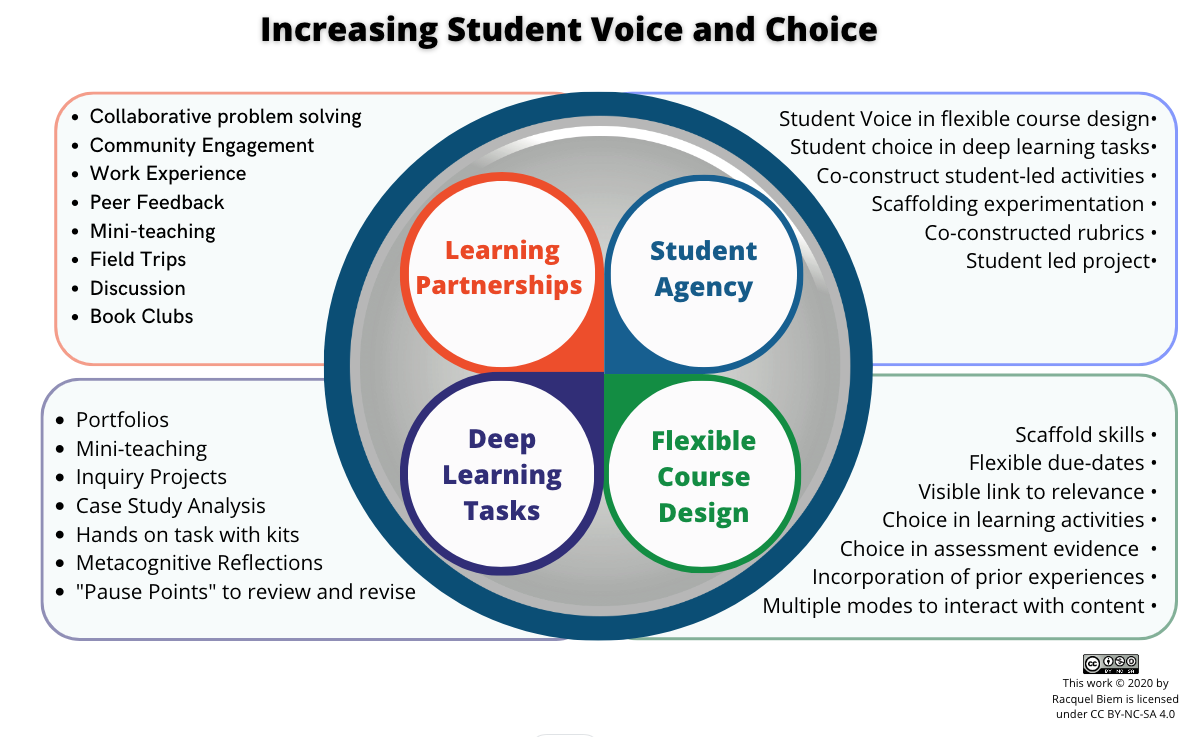Preparing and Supporting Students in Remote-context Placements
You already know how much your students value the learning opportunities that happen sometimes and are called the “real-world.” Our approaches to this need to be different in the remote context, but there are opportunities for expanded student learning too. After all, skills for remote working and use of online tools for collaboration and communication are transferrable as 21st century skills regardless.
How may individual student situations vary?
Reach out to your students involved in your practicum or community-based learning course. Individual situations may vary and affect options in ways you don’t expect. Many students may not move to Saskatoon this fall and it will be useful to know what their remote learning situation is. You can make use of SurveyMonkey, a tool at USask, for this purpose.
What preparation may help students?
What do students need to know about technologies in use, about remote-working etiquette and norms, and about staying on track with their responsibilities in remote professional contexts. USask has assembled resources on remote-working, that you may find apply to your course and students’ contexts. CEWIL Canada, a Canadian organization devoted to work-integrated learning also has many resources.
If students will be physically present in a workplace or community setting during their placement, be aware of the PPE they may be expected to have and communicate that need to students. Confirm that students will be able to access such equipment and any other safety training and protocols.
What supportive options can be offered?
Set up virtual options for students to communicate, collaborate, and present. You may want to set up a regular Zoom meeting for facilitated smaller groups discussions.
Identify new or expanded opportunities. For example, how could videos, pre-existing virtual tours, or guest presenters allow for some of the learning you intended with the on-site learning?
Reviewing these core principles for experiential learning may help you take a step back and revisit and refine what makes sense for Fall 2020. The constraint of remote learning may lead to some new, innovative ideas.


One Comment
Pingback: